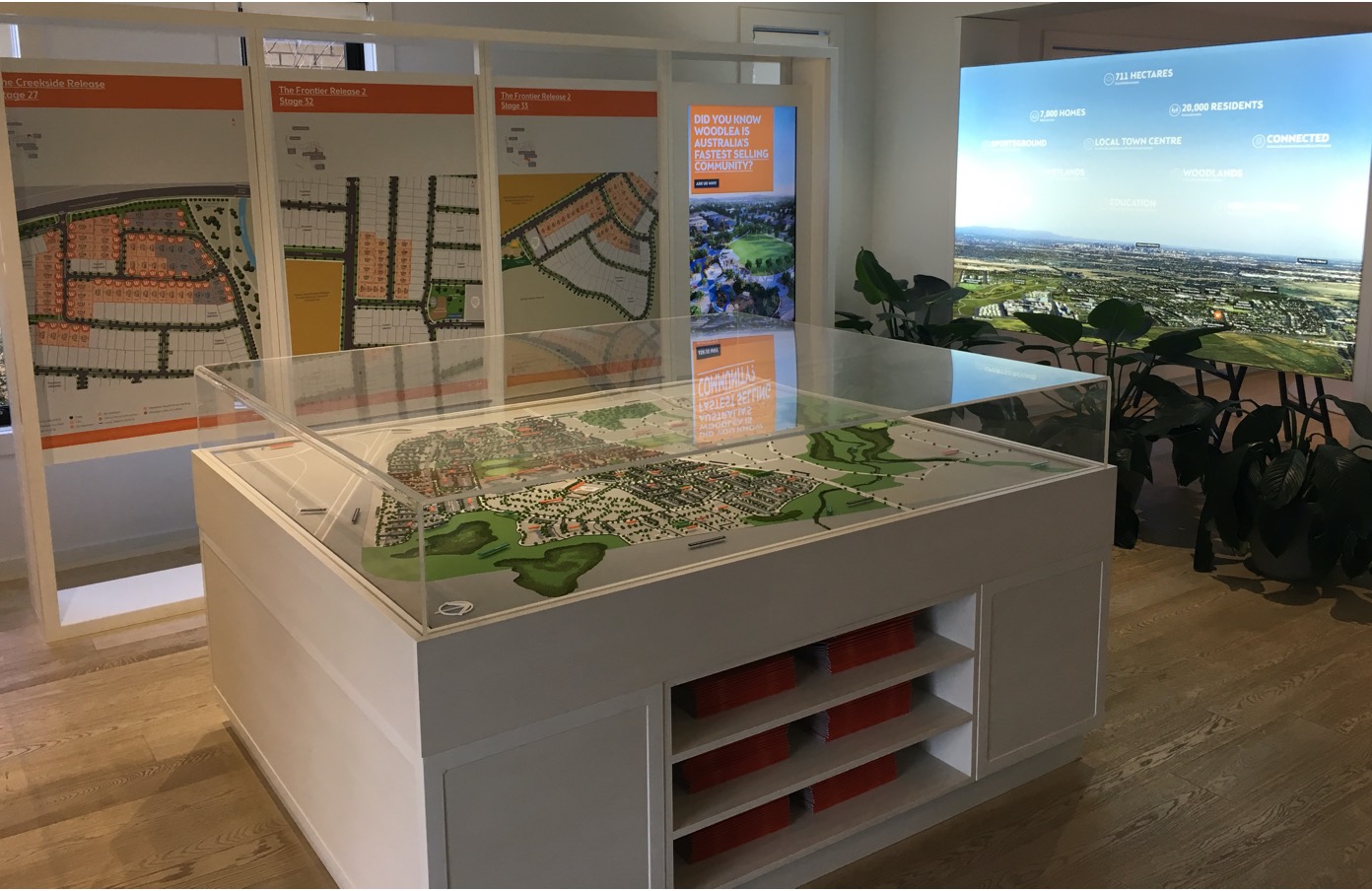Our client a large mid-tier legal firm were aiming to streamline their property conveyancing services. The legal firm managed the settlement of approximately 10,000 property transactions annually. Each property transaction involved the management of contract to settlement. The current process was partly on paper and partly managed by an existing legacy CRM platform. We were engaged by the firm to help design and develop a new CRM platform that would digitise the end to end process, reduce transaction costs and enable them to scale their existing conveyancing services.
Legal Industry CRM
Executive Summary
Challenges
Our client had completed an analysis of the current technology platforms used to support and enable their property conveyancing processes. There were a number of key issues identified that needed to be addressed:
- Legacy technology – The current CRM technology used for contract management and conveyancing was no longer supported by the vendor.
- Limited integration – The existing platform was not capable of integrating securely with other key systems (Practice Management, Electronic Contracts and PEXA).
- Client communication – Email and phone were the only methods of communication with property development clients.
- Support costs – The current CRM platform also required a minimum of one full time IT member to support approximately 50 end users.
Solution
We were engaged to assist in the evaluation of potential products and vendors for the design and development of a new conveyancing CRM platform. To inform the decision making process for a new CRM platform a detailed process mapping activity was undertaken. This comprised the mapping of 30 current state and future state processes from the setup of the property development through to the settlement of the property transaction with each individual buyer. This involved engagement with stakeholders across 3 different business areas, a detailed analysis and prioritisation of current issues and the identification of opportunities for improvement.
The firm decided on Microsoft Dynamics 365 along with the implementation of a client facing portal. The guiding principles for the delivery of this new CRM platform were to:
- Design and build a scalable platform that would ensure the firm remains closely connected with their property development clients;
- Develop a technology solution that would be mobile, fast and easily accessible
- Develop a solution with open architecture to enable further integration opportunities across the conveyancing ecosystem
- Empower partners and staff through the provision of self-service reporting to reduce ongoing support costs
By working closely with the Dynamics 365 vendor, Clarit-e translated the opportunities for improvement into user stories and epics which were used to plan out the delivery of the new CRM. A sprint based approach was used to deliver the project in iterations which enabled feedback to be continuously incorporated into the minimum viable product (MVP).
Results, Return on Investment and Future Plans
The implementation of the new CRM platform delivered immediate new capabilities to the property development team.
- Scale – An increased number of development sites and stages could be managed by the same number of resources.
- Support costs – A decrease in support costs through the enablement of self-service reporting for law clerks
- Integration – Enabled API connectivity to other parts of the property conveyancing ecosystem E.g. Infotrack property searches, PEXA electronic settlements and duties online
- Secure communication – All activities were tracked within the CRM providing greater visibility for all key stakeholders – internal staff and property development clients via a secure portal.
- Client experience – An improved experience for clients who were able to access their property project information in real time via the portal
The delivery of the new CRM enabled the firm to maintain their market leading position within the industry. The firm were now able to switch their attention to further integration opportunities right across the property development lifecycle.
